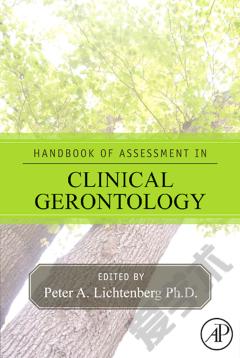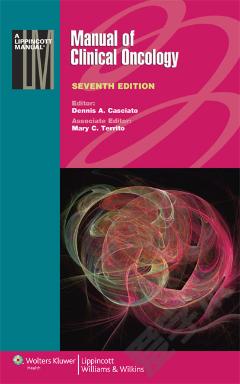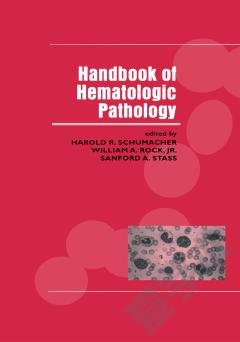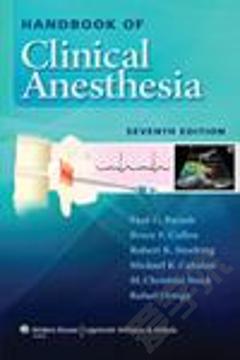Handbook of Assessment in Clinical Gerontology
New trends in mental healthcare practice and a rapid increase in the aged population are causing an explosion in the fields of clinical gerontology and geropsychology today. This comprehensive second edition handbook offers clinicians and graduate students clear guidelines and reliable tools for assessing general mental health, cognitive functioning, functional age, psychosocial health, comorbidity, behavior deficits, and more. Psychopathology, behavioral disorders, changes in cognition, and changes in everyday functioning are addressed in full, and a wide range of conditions and disorders common to this patient population are covered. Each chapter provides an empirical review of assessment instruments, assessment scales in their totality, a review of how these instruments are used with and adapted for different cultural groups, illustration of assessments through case studies, and information on how to utilize ongoing assessment in treatment and/or treatment planning. This combination of elements will make the volume the definitive assessment source for clinicians working with elderly patients. This is the most comprehensive source of up-to-date data on gerontological assessment, with review articles covering: psychopathology, behavioral disorders, changes in cognition, and changes in everyday functioning. It consolidates broadly distributed literature into single source, saving researchers and clinicians time in obtaining and translating information and improving the level of further research and care they can provide. It includes chapters that directly address the range of conditions and disorders most common for this patient population - i.e. driving ability, mental competency, sleep, nutrition, sexual functioning, demntias, elder abuse, depression, anxiety disorders, etc. It fully informs readers regarding conditions most commonly encountered in real world treatment of an elderly patient population. Each chapter cites case studies to illustrate assessment techniques. It exposes reader to real-world application of each assessment discussed.
{{comment.content}}








 京公网安备 11010802027623号
京公网安备 11010802027623号